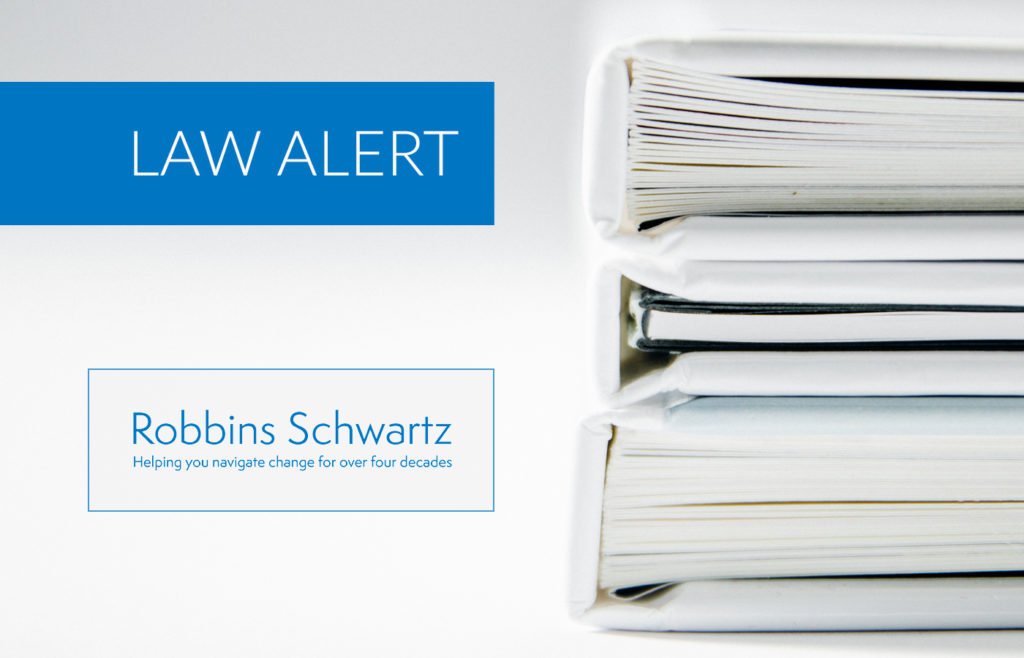
Pension Reform Bill Stalls in the Illinois House of Representatives
Jun 1, 2011
Share to:
A pension reform plan that was making its way through the Illinois General Assembly has stalled. Senate Bill 512 would have created a three-tiered retirement system for most state employees, including public school teachers. Under the legislation, the three retirement options available to Illinois’ public school teachers would have been as follows:
- Traditional Benefits Package: teachers hired before January 1, 2012 would have been allowed to keep their current benefits package with the Teachers Retirement System but their annual contribution would have increased from 9.4 percent to 13.77 percent. Teachers hired after January 1, 2012 were not eligible for the Traditional Benefits Package.
- Reformed Benefits Package: all teachers, including current employees enrolled in the Traditional Benefits Package, would have been able to move to a reformed benefits package created for employees hired after January 1, 2012, which required participants with at least ten years of service to reach age 67 to retire. The reformed benefits package required an annual employee contribution of 6 percent and a teacher enrolled in it would have earned benefits at a lower rate than those provided in the Traditional Benefits Package.
- Self-Managed Plan: teachers hired after July 1, 2012 and current teachers enrolled in the Traditional Benefits Package or Reformed Benefits Package with less than 5 years of creditable service, would have been able to move to a 401(k) style plan that required an annual employee contribution of 6 percent.
Despite Senate Bill 512’s failure to pass the General Assembly this spring, legislative leaders have vowed to work this summer on a pension reform bill for consideration during the fall veto session. We anticipate such a bill will continue to focus on a tiered plan system similar to that discussed above, as well as requiring higher contributions by or on behalf of participants in the various State of Illinois’ public employees’ retirement systems. Consequently, it is important to recognize that anticipated pension reform still carries significant implications for those school districts and community colleges that are currently engaged in, or will be entering into, collective bargaining negotiations prior to the fall veto session. Those school districts or community colleges that have in the past committed themselves through a collective bargaining agreement to pay an employee’s retirement contribution should seek to amend such language to provide a defined cap on the employer’s retirement contribution on behalf of its employees. An employer’s failure to do so will leave the employer vulnerable to additional increases in the employees’ contribution rates for TRS and SURS in that pension reform legislation will likely require these rates to be recalculated and increased on a periodic basis.
Likewise, those school districts or community colleges that are entering into employment contracts with administrators whereby the employer agrees to pick up the administrator’s TRS or SURS contribution in addition to salary should include a defined cap on any retirement contribution.
We will continue to monitor and report on any developments in the area of pension reform. In the meantime, please feel free to contact any one of the firm’s Labor and Employment attorneys with any questions relating to pension reform.
Dennis L. Weedman & Belinda Becker of the firm’s Collinsville office prepared this Law Alert.
